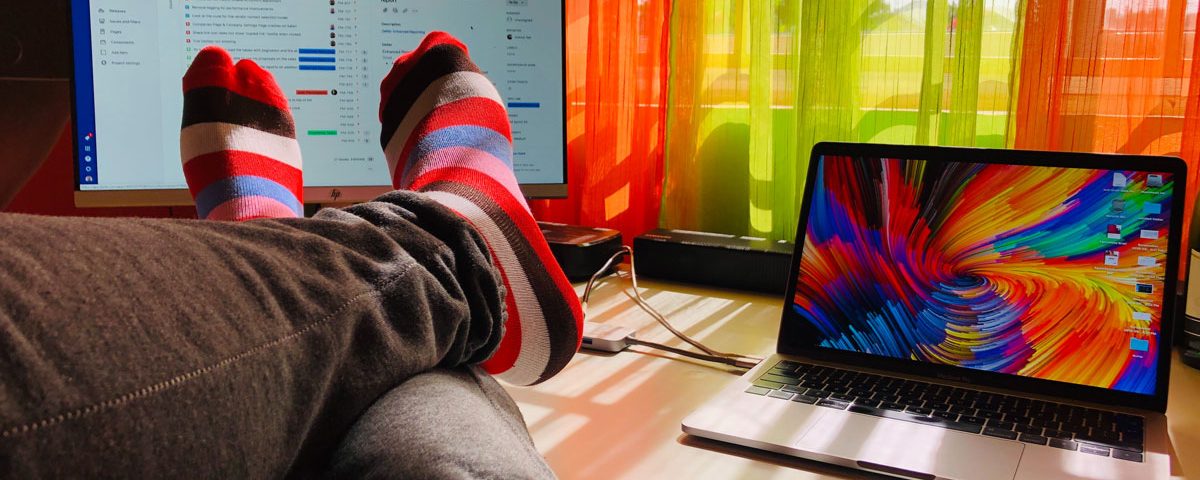The way in which we view traditional office spaces, particularly from a corporate point of view, is rapidly changing. There are new ideas about what it means to be in an office space, how much of time is spent in an office space or for that matter if an office space is even necessary in the first place. The concept of the eco-space is a welcome breath of fresh air to those who are looking for a greater sense of expansiveness in their working arrangement.
With people’s roles and duties evolving in the fast-paced digital age that we live in, it is clear that companies and workspaces need to think cleverly around storage space and where and how its people fit into the equation.
What is an eco-space and how does it apply to the corporate world?
For the uninitiated, an eco-space is literally a new and more space-conscious manner of re-engineering an office space. From a functional point of view- the focus is on reducing costs, increasing space and profitability and finding ergonomically-designed machines that are multi-functional and take up less room.
On a human level, office spaces are being reimagined. If a professional is not always required to be at the office, companies are taking greater steps to ensure that they have all the resources that they need to work on the go and from any location. This could take the form of a company setting up a person with the infrastructure that they need with items such as laptops, remote working stations and check-in hot-spots for delivery of work and services. Equally, workspaces are not as functional as they used to be with ideas of personal development coming into workplaces. That is to say that people might be happier to work in an environment that has a small garden office.
1. Multi-functional Job Roles
With the emergence of the digital age, job roles and functions have evolved and people have had to adapt along with that. People are required to head out to different locations, be in a number of meetings, or even work whilst on a remote location. With this in mind, people are not always required to be in offices, so spaces need to be re-engineered accordingly. The thought process regarding technologically diverse work roles is now a seed of thought that has begun even at the stage of education. Colleges now place focus on formulating specialised programmes for higher education degrees, diplomas and certificates with technological innovation or technovation in mind.
2. Reduced Costs and Increased Profitability
On a corporate or company level, it goes without saying that saving money while maximising on output is an ideal to aspire to. With reduced office space, monies can be re-allocated to technology, machinery, training and equipping staff members for greater success.
3. The Need for Space and Efficiency
In working environments many spaces need to be set up for greater functionality. It isn’t enough to say that a boardroom functions only as a boardroom. It needs to double up as an office space, events or presentation space or something more. Equally, in general office spaces it is important to remove items off the floor to create room for foot traffic and space.
4. The Rise of the Digital Space
Digital workspaces are on the rise in working environments. There is a greater move towards a concept called the smart office. What this essentially entails is breaking out for the old school cubicle culture and into smart offices that are digitally enhanced. The rise of wireless technology in offices means that people enjoy a greater sense of freedom and they find that their work is more meaningful.
5. Personalisation of Space and the Ability to Work from Anywhere
Most workplaces now function with the aid of wireless technology and communication. With people continually on the go from location to the next, it has become important to share information from anywhere and at any time. Having Wi-Fi signals, security terminals and wireless content sharing among so many other types of functionality on the go, means that people do not have to be tied to their desk and chair, 24-7.
The ways in which we look at our office spaces are fast beginning to evolve. It is an approach that is exciting from a human development dynamic along with a business perspective. Keep your eye on the world of the eco-space office development. You may very well be a part of that change.
About the Author
Media professional, senior writer and blogger at Educor Holdings.
 I blog about matters that relate to education and personal development. I am an out-of-the-box thinker, fascinated with perceptions of the mind’s eye, the power of imagination and creative learning. I am passionate about the human experience, and an avid believer in dialogue, breaking stereotypes, sharing information and the power of the arts. I also appreciate fine coffee and dark chocolate. Join me on this journey of knowledge and exploration.
I blog about matters that relate to education and personal development. I am an out-of-the-box thinker, fascinated with perceptions of the mind’s eye, the power of imagination and creative learning. I am passionate about the human experience, and an avid believer in dialogue, breaking stereotypes, sharing information and the power of the arts. I also appreciate fine coffee and dark chocolate. Join me on this journey of knowledge and exploration.







